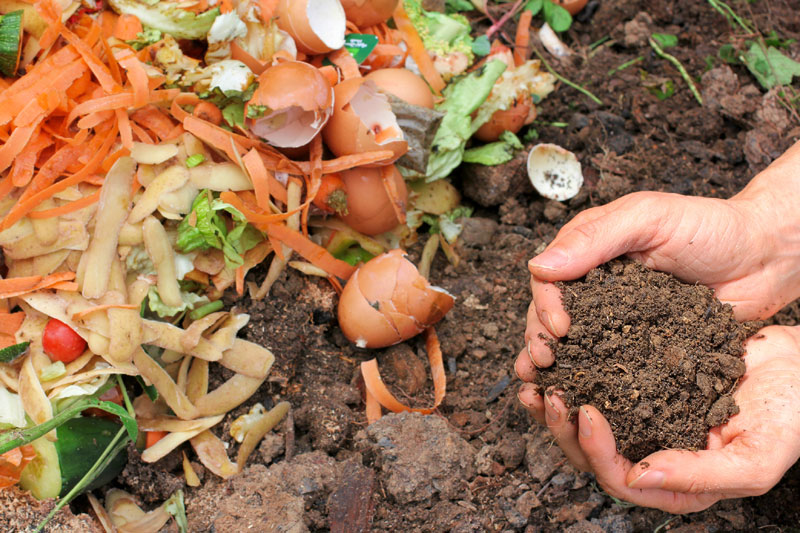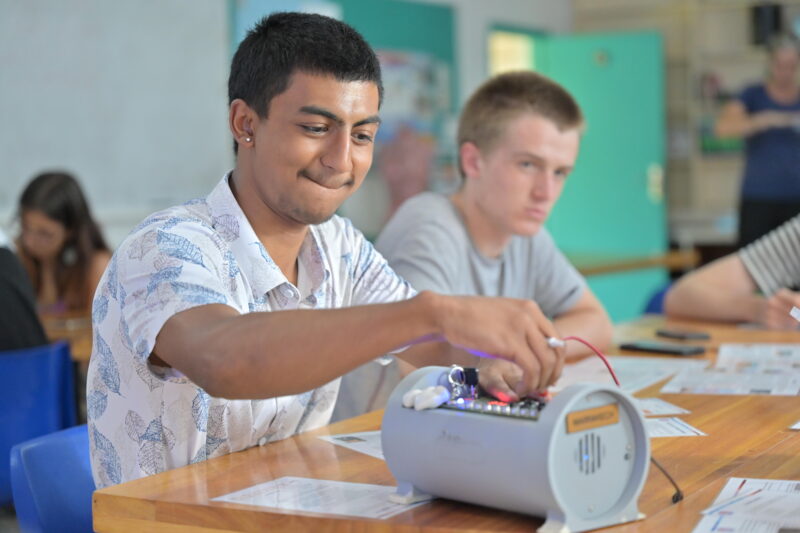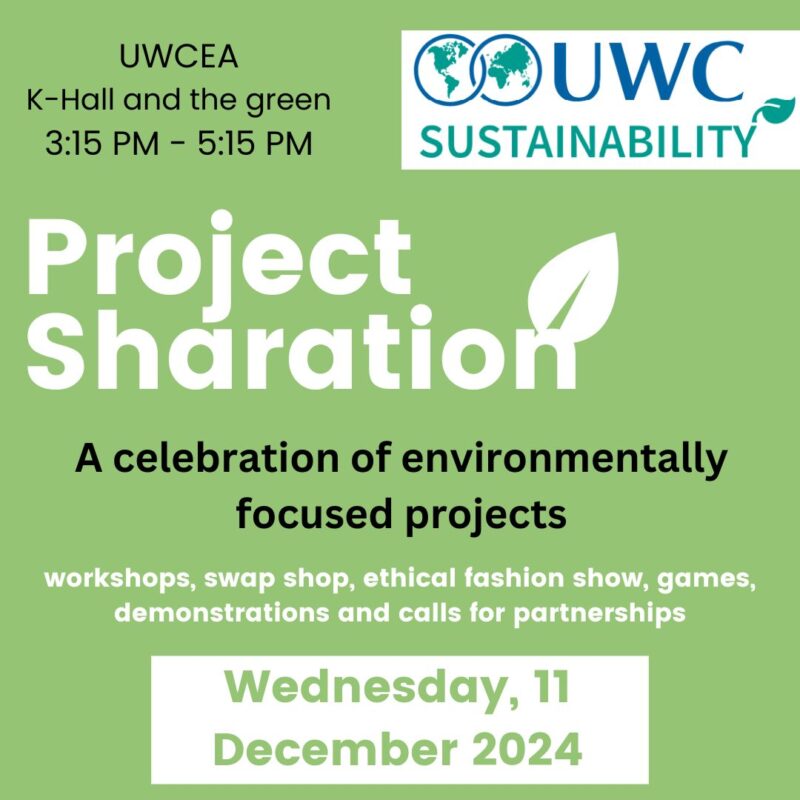
UWCSEA: Learning to compost!
Details
Having a composting program at school holds immense importance for several reasons. Firstly, it educates students about responsible waste management, allowing them to witness the impact of their actions on the environment. By actively participating in composting, students learn to reduce the amount of waste sent to landfills, mitigating the harmful effects of waste accumulation. Additionally, the program fosters a deep understanding of the natural cycle of decomposition and regeneration, connecting students to the intricate web of life on Earth. Through hands-on experiences, they grasp the value of turning organic waste into nutrient-rich compost that can enrich soil and support plant growth. This practical knowledge not only empowers students to make eco-friendly choices in their daily lives but also instils a sense of environmental stewardship that extends beyond the classroom, shaping them into mindful and responsible global citizens. Composting is a key practice within permaculture systems, as permaculture seeks to create sustainable and self-sufficient systems that mimic the patterns and resilience of natural ecosystems. Composting, on the other hand, is a key practice within permaculture systems.
Our composting program is a K-12 endeavour, where students as young as those in K1 collect compost in their classroom and bring it to either one of our 3 composting systems: vermicomposting, deep litter composting with chickens, or open-based composting. Grade 3 students play a particularly important role in the system by collecting food scraps from the salad bar, and the kitchen, whereas G6 for running our home composting program as part of their Social Environmental and Entrepreneurship Development (SEED) class, Personal and Social Education (PSE) curriculum. We have more than 100 members of our communities (students, teachers, and parents) who drop their compost bins at school for it to be emptied and made ready to go back to the homes of members of our community.
As food waste transforms into nutrient-rich compost within our composting bays, we channel this valuable resource into our school gardens, creating a tangible representation of the cyclical process for our students to observe. Employing the deep litter method alongside our resident chickens, we layer organic materials such as wood shavings and leaves within their coop. As the chickens scratch and forage, these layers naturally amalgamate and aerate, expediting decomposition. These enriched organic strata are subsequently transferred to our food forest, nestled along a section of our school perimeter, providing a potent superfood for our plant life. Additionally, we’re exploring the production of worm castings, colloquially known as worm wee, with the aim of not only generating funds through sales but also involving our community in experimenting with an innovative fertilizer alternative.


